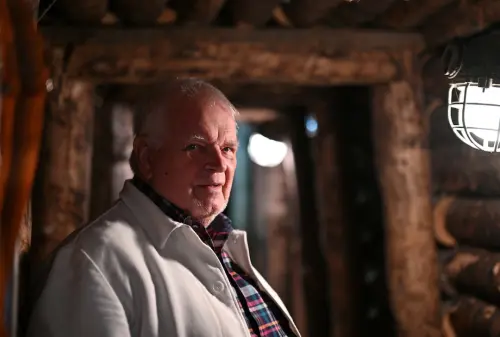In Gelsenkirchen, a former coal town in Germany's industrial Ruhr Valley, Lars Baumguertel, a local executive, is calling on politicians to take action amid the economic challenges brought on by high energy costs following the disruption of Russian gas supplies post-Ukraine war. Germany has faced a shrinking economy for two years in a row, with Gelsenkirchen being severely impacted by soaring unemployment rates, fueling support for the far-right AfD party.
As Germany heads into a general election, the discussion centers on boosting the country's economic prospects. Baumguertel advocates for substantial infrastructure investments to modernize Germany's economy and meet its carbon-neutral goal by 2045. The nation's constitutional debt brake has hindered critical investments, leading to calls for reform from residents, politicians, and economists.
With Gelsenkirchen symbolizing the struggles of industrial evolution, residents like Klaus Herzmanatus, a former coal miner, express frustration over the stagnant economy and call for affordable energy solutions. The rise in far-right AfD support underscores the urgent need for economic revitalization in struggling regions like Gelsenkirchen. The debate extends to revisiting Germany's nuclear phase-out decision and exploring the viability of green transitions amidst substantial cost estimates for essential structural changes.
Despite the challenges, the election outcome will influence potential reforms necessary to steer Germany towards a more sustainable economic path. Observers note the importance of enhancing the business environment for growth sectors and advancing digitalization for improved long-term prospects. As Gelsenkirchen reflects on its heritage while facing current struggles, the hope remains for a resurgence in the German economy through strategic and forward-thinking reforms.
